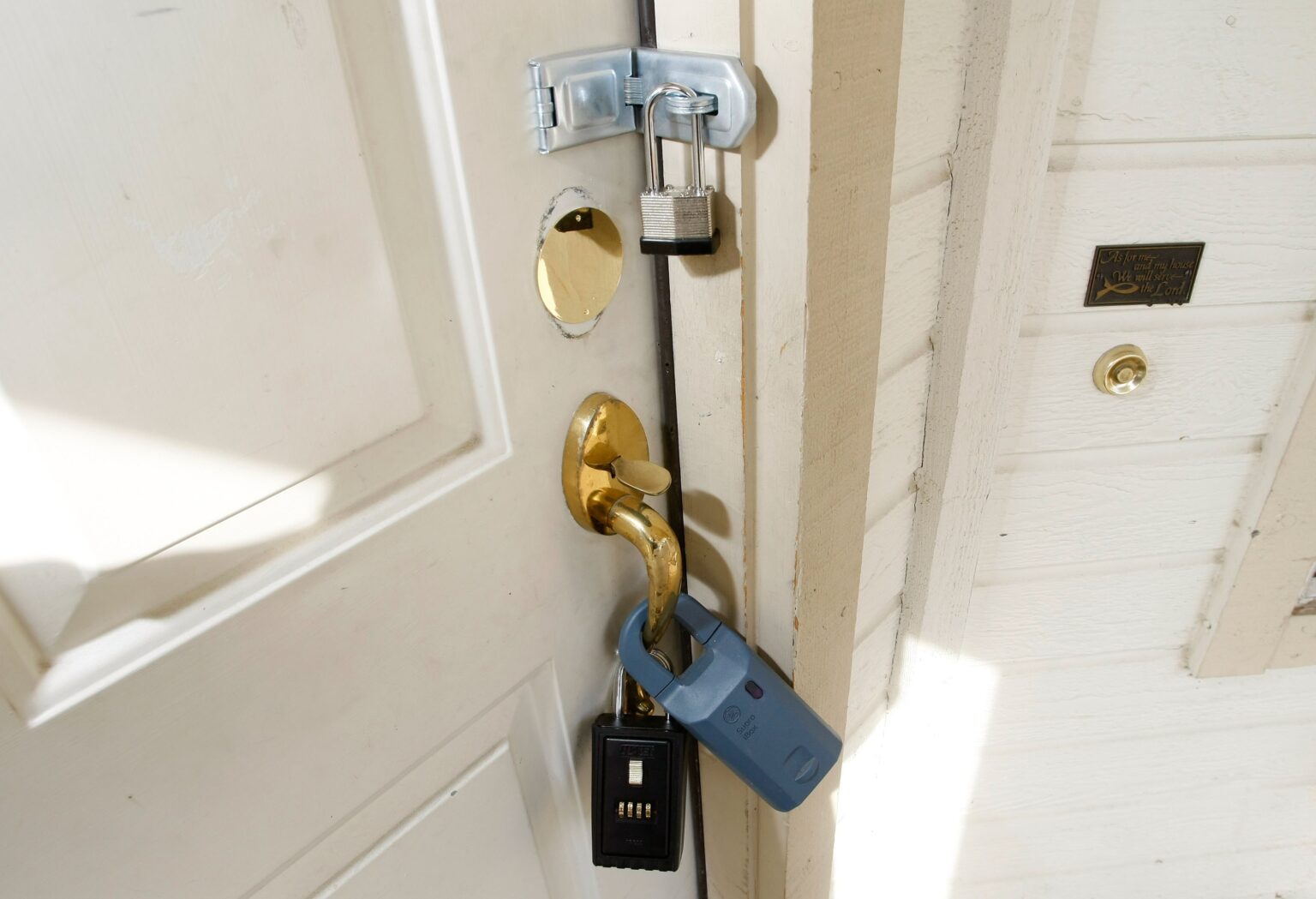Starter homes are smaller, more affordable houses purchased by a first-time homeowner with a goal of getting a foothold into homeownership and building equity and credit.
Typically, starter homes are modest in size and design with easily replicated features. These homes are usually built en masse. They are designed to be an entry point into the housing market, allowing individuals or young families to build equity and potentially upgrade to a more desirable home later on.
Explosion of $1 Million Starter Homes
Nationwide, the average cost of starter homes is $196,611. But Zillow reports the cost of starter homes has topped $1 million in over 200 U.S. cities.
Zillow defines a typical starter home as those in the lowest third of home values in a given region. According to the report, in 2019, only 84 cities had starter homes worth at least $1 million. In 2024, that number rose to 237 cities.
Half of U.S. states have at least one city with starter homes valued at $1 million or more. California (117), New York (31), New Jersey (21), Florida and Massachusetts (5) rank as the top five states with the most cities that fall into this category.
Nationwide, the value of starter homes has grown 54.1% over the past five years, which is even more than the 49.1% rise in prices across all U.S homes in the same period.
Several reasons can be traced as the reason for the increase in prices. House prices skyrocketed during Covid as more people moved from urban centers to the more suburban and rural cities due to the surge of remote workers.
Compounding matters is that for more than a decade, the U.S has seen a reduction in the construction of new homes. The disruption of supply chains during the pandemic further slowed new home construction. Restrictive zoning laws and opposition from neighborhood associations have hindered the construction of new, affordable housing like multi-family units.
Bidding Wars With Deep-Pocketed Investors
An even heavier hitting factor are the bidding wars that can go tens of thousands of dollars above asking price. Average buyers get outbid. But another adverse consequence of these bidding wars is they drive the prices of all homes in the area up. Housing prices are typically determined based on historical sale data.
The bidding wars are fueled by investment firms and institutional buyers purchasing starter homes and converting them to rentals. According to Redfin, corporations and investors made up 26% of starter home sales in the last quarter of 2023. Deep-pocketed investors easily outbid the average American, leaving them with no other option than to rent at a premium.
High Interest Rates
Inflation and the Federal Reserve’s subsequent rate hike made mortgages unaffordable. Hopeful potential homeowners are stuck with high prices and high borrowing costs.
Another trickle-down effect of increased interest rates is those currently in starter homes can no longer afford to upgrade. They are stuck on what was supposed to be a stepping stone for longer, reducing turnover in the market.
As of 2023, the median age for potential first-time home buyers rose to 35 years. Younger generations are finding it increasingly difficult to enter the housing market. Delayed homeownership not only affects their ability to build equity, but also impacts their long-term financial security.
The housing crunch has broader implications for economic mobility and social stability. Without accessible starter homes, the traditional path of building financial independence through homeownership is becoming a luxury. The ongoing housing crisis has contributed to worsening inequality across the country.
With fewer affordable options, many potential buyers are forced to remain renters. Homeownership has long been a cornerstone of building wealth. Without it, wealth accumulation and the stability that comes with owning a home may never be on the table for millions of Americans.


